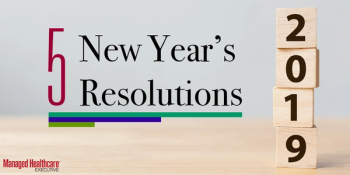
Acquiring specialty product rebates can be challenging
EARLY IN 2004 we identified six major savings drivers that should be addressed while developing a comprehensive management program for injectable products.
EARLY IN 2004 we identified six major savings drivers that should be addressed while developing a comprehensive management program for injectable products. As a reminder, those management drivers included product preferencing, distribution management, rational reimbursement models, appropriate benefit designs, utilization management, improvements in processing injectable claims and obtaining rebates. This month we will discuss what is required of payers to obtain injectable-related rebates.
Obtaining rebates for traditional oral medications became common-place for payers and pharmacy benefit managers about 15 years ago. The purpose was to establish a partnership between the manufacturer of a high-quality, low-cost product and those payers or benefit managers that were capable of optimizing the use of a single or several preferred products.
However, payers and benefit managers began to receive what was termed access rebates-volume-based discounts that were simply offered to the plan regardless of ability to move market share or optimize the relative use of certain medicines. As one can imagine, manufacturers of these medications quickly questioned the value of these rebate contracts, but a precedent had been established, and such rebate contracts continue to exist today for traditional medications.
THE REBATE PROCESS The entire injectable rebate process may be summarized in three high-level steps:
Performance-based rebates often are available today for specialty pharmaceuticals. Although acquiring these rebates for traditional pharmaceutical products has been relatively easy and widespread, accessing such discounts for specialty products requires significantly more payer effort.
Kjel A. Johnson, PharmD, BCPS, FCCP, is vice president of strategic operations for ICORE Healthcare in Orlando.
Newsletter
Get the latest industry news, event updates, and more from Managed healthcare Executive.

























